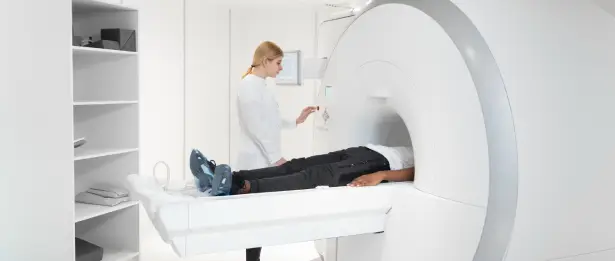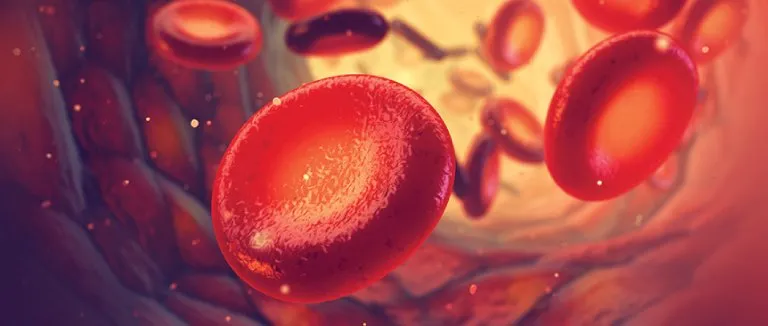Pediatric Nephrology
Last Update Date: 9/12/2025 12:39:33 PM
Pediatric nephrology is a medical specialty regarding kidney diseases observed in children. This specialty specializes in diagnosing, treating and preventing a wide variety of kidney-related issues in children. A pediatric nephrologist often deals with kidney diseases, urinary tract infections, kidney stones, kidney failure, urinary tract abnormalities, and other kidney-related problems in children.
Pediatric nephrology is the branch of medicine that examines kidney and urinary system diseases of children between the ages of 0-18. Pediatric nephrologists diagnose, treat and supervise these diseases. Kidney and urinary system diseases in children are similar to diseases observed in adults. However, the progress and course of these diseases may differ in children. Therefore, pediatric nephrologists must be experts in recognizing and treating these diseases in children. Liv Hospital Pediatric Nephrology Clinic achieves successful treatments in its field with its specialist physicians.
Primary Diseases Diagnosed and Treated in Pediatric Nephrology Clinic
At the Liv Hospital Pediatric Nephrology Clinic, diagnosis and treatment of kidney and urinary system diseases and rheumatic diseases observed during childhood are successfully performed.
- Urinary tract infections
- Kidney problems encountered during pregnancy
- Wide urinary ducts, urinary reflux
- Congenital anomalies of the urinary system (vesicoureteral reflux, hydronephrosis, ureteropelvic stenosis, etc.)
- Kidney stones, passing gravel, appearance of crystals in the kidney
- ,High blood pressure
- Hematuria (blood in the urine)
- Proteinuria (protein in urine)
- Nephritic syndrome
- Nephrotic syndrome
- Urinary incontinence (day/night)
- Hereditary kidney diseases
- Hypertension
- Tubulointerstitial diseases (Bartter syndrome, Renal tubular acidosis)
- Cystic diseases of the kidney
- Familial Mediterranean Fever (FMF)



















.webp)


